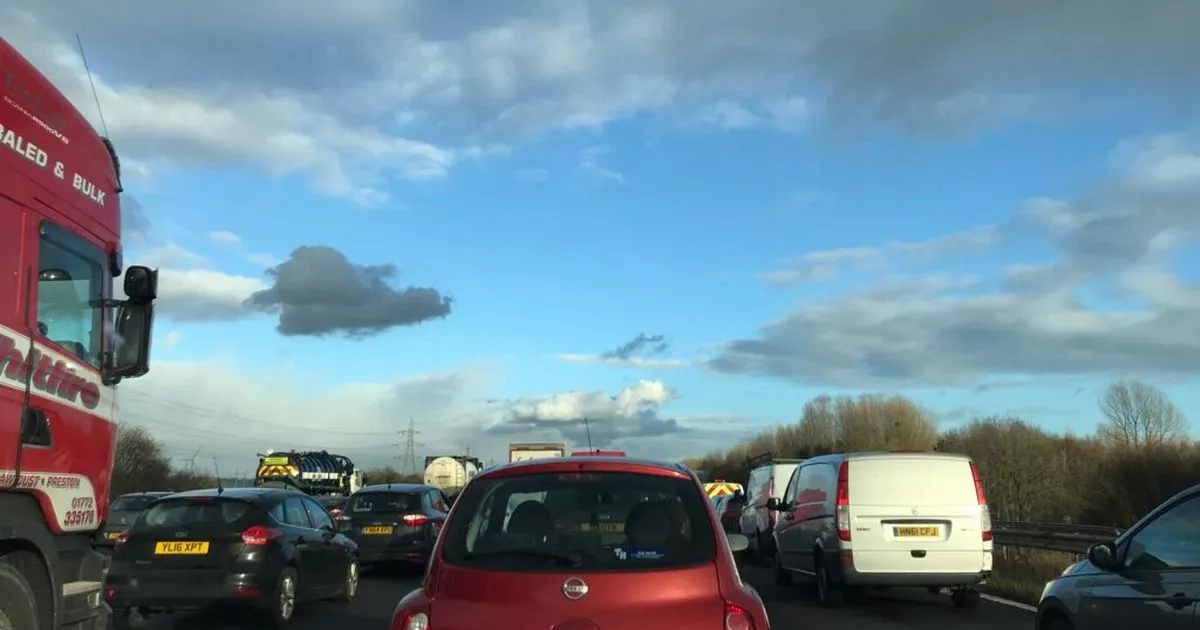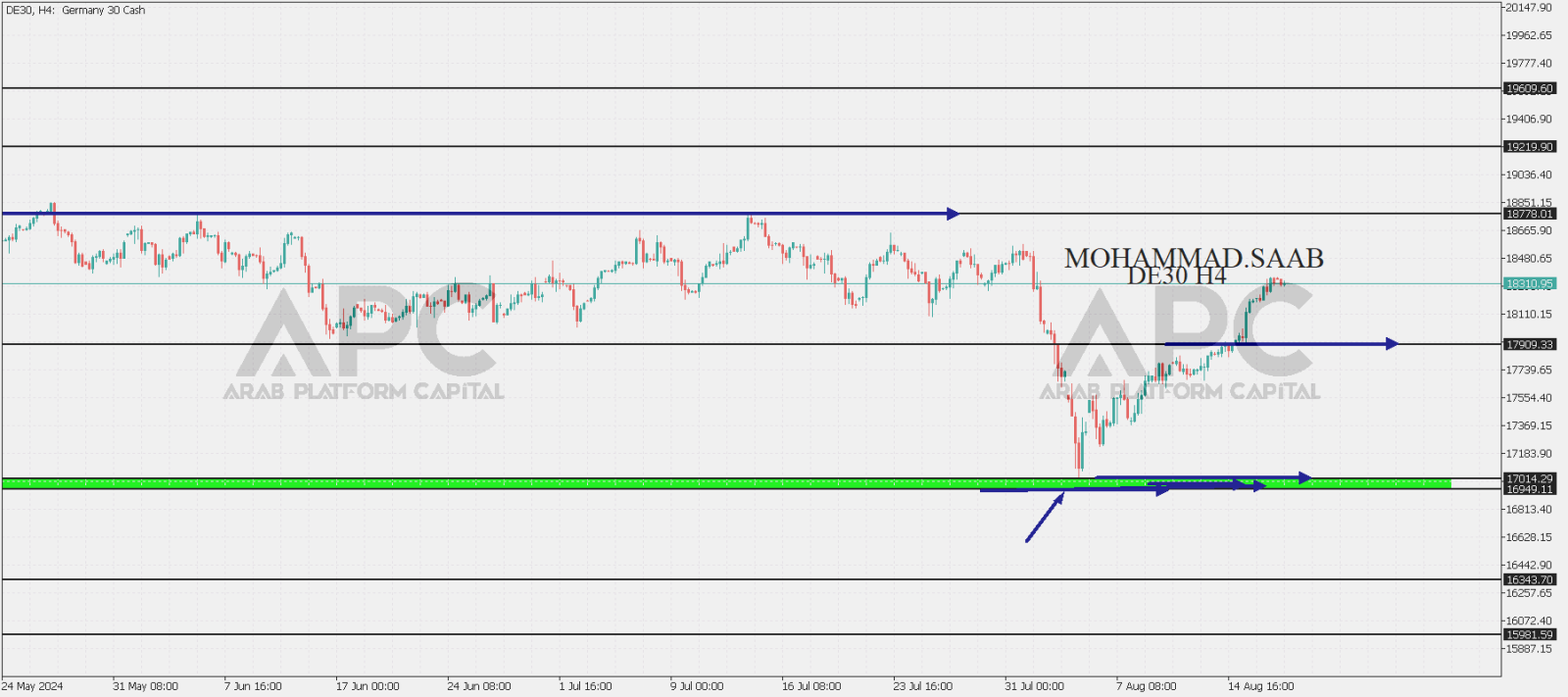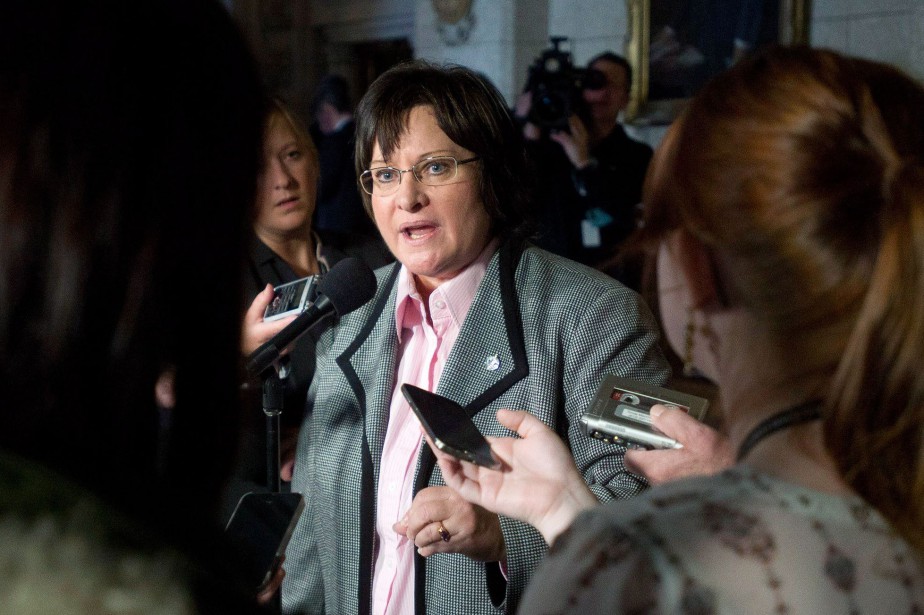The Financial Aspects Of An Escape To The Country

Table of Contents
Property Costs: More Than Just the House Price
The allure of a country escape often overshadows the significant financial commitment involved. While the purchase price is a major factor, it's far from the only expense you'll encounter. Understanding the complete cost picture is paramount for a smooth transition.
Purchase Price Variations
The price difference between urban and rural properties can be substantial. Location is key; a charming cottage in a remote village will typically cost less than a comparable-sized house in a bustling suburban area. However, factors like property size, condition, and the availability of amenities significantly influence the final price.
- Average house prices in rural vs. urban areas: Research average house prices in your target area and compare them to urban prices to gauge the potential savings (or added cost). Online property portals and local estate agents can provide valuable data.
- Impact of proximity to amenities: Properties closer to schools, shops, and hospitals command higher prices. Consider the commute to essential services when budgeting.
- Cost of renovation/restoration: Many rural properties require renovation or restoration. Factor in these costs – they can easily add tens of thousands to your overall budget. Older properties, in particular, might need significant work on the roof, plumbing, and electrical systems.
Hidden Costs of Rural Property
Beyond the purchase price, numerous hidden costs can quickly escalate your expenses. Failing to account for these can severely impact your financial planning.
- Conveyancing fees: Legal fees for transferring ownership of the property.
- Stamp duty land tax (or equivalent): A tax payable on the purchase of a property. Rates vary depending on location and property value.
- Surveys: Essential to identify any potential structural problems or hidden defects.
- Insurance: Rural properties often attract higher insurance premiums due to increased risks like flooding or isolated locations. Shop around for competitive quotes.
- Agent fees: Fees charged by estate agents for their services.
Land and Outbuildings
Purchasing additional land or outbuildings presents both opportunities and costs. While extra land offers more privacy and potential for expansion, it also increases maintenance responsibilities and potential property taxes.
- Costs per acre: Land prices vary greatly depending on location and quality. Research land prices in your desired area.
- Potential income from outbuildings: Outbuildings like barns or stables can generate income if rented out. However, this requires careful assessment of potential rental income against maintenance costs and insurance.
- Maintenance costs: Maintaining additional land and outbuildings adds to your ongoing expenses. This includes landscaping, repairs, and potential property taxes.
Ongoing Expenses: Beyond the Mortgage
Moving to the country means more than just a new home; it's a shift in lifestyle with its own unique financial considerations. Budgeting for these ongoing expenses is vital for long-term financial stability.
Utility Costs
Rural properties often face higher utility costs than urban equivalents. Distance from main power grids and reliance on oil or gas central heating can significantly impact your energy bills.
- Heating, electricity, water: Expect higher costs for these essentials, especially in older, less energy-efficient properties.
- Potential for off-grid solutions (solar, wind): Consider sustainable alternatives like solar panels or wind turbines to mitigate some of the higher energy costs. However, factor in the substantial upfront investment and ongoing maintenance.
- Associated installation costs: Installation costs for alternative energy solutions can be substantial.
Maintenance and Repairs
Older rural properties often require more frequent and extensive maintenance. Larger gardens add to landscaping and upkeep.
- Roof repairs: Older roofs may need more frequent repairs or even complete replacement.
- Plumbing issues: Older plumbing systems can be prone to problems, leading to unexpected repair costs.
- Gardening expenses: Maintaining a larger garden requires time, tools, and often professional help.
- Potential need for specialist contractors: Finding skilled tradespeople in rural areas may be more challenging and potentially more expensive.
- Travel costs to access services: Travel time and fuel costs to access services can quickly add up.
Transportation Costs
Increased reliance on a car is a common feature of country life. Public transport is often less frequent and reliable.
- Fuel costs: Regular commuting can significantly increase your fuel expenses.
- Vehicle maintenance: Regular car maintenance is essential, and unexpected repairs can add to your expenses.
- Potential for higher insurance premiums: Insurance premiums may be higher due to increased mileage and potentially longer journeys.
- Public transport limitations: The lack of readily available public transport necessitates car ownership.
Financing Your Country Escape: Securing the Funds
Securing the necessary funds for your country escape requires careful planning and consideration of various financing options.
Mortgage Options
Obtaining a mortgage for a rural property may differ from securing a city mortgage. Lenders often assess rural properties differently, considering factors like proximity to amenities and potential resale value.
- Higher loan-to-value ratios (LTVs) potentially required in rural areas: You might need a larger deposit.
- Specialist lenders: Some lenders specialize in rural mortgages and may offer more flexible options.
- Interest rates: Interest rates can vary depending on the lender and the type of mortgage.
Savings and Budgeting
Having substantial savings is crucial to cover upfront costs and unexpected expenses. Thorough budgeting is essential for a successful relocation.
- Creating a detailed budget: Develop a comprehensive budget that includes all anticipated expenses.
- Accounting for unexpected costs: Always include a contingency fund to cover unforeseen repairs or expenses.
- Securing emergency funds: Having sufficient emergency funds is vital to handle any unexpected financial setbacks.
Alternative Financing
Beyond mortgages, other financing options may be available.
- Selling existing property: Selling your current property can provide a significant portion of the funding.
- Inheritance: Inheritance can contribute substantially to your finances.
- Personal loans: Personal loans may supplement your savings and mortgage, but consider the interest rates carefully.
Conclusion
An escape to the country can be a rewarding experience, but thorough financial planning is crucial. Understanding the nuances of property costs, ongoing expenses, and financing options is vital for a successful relocation. Don't underestimate the hidden costs associated with a rural lifestyle, including potential higher utility bills, increased maintenance, and transportation costs. Before you embark on your dream country escape, carefully consider all the financial aspects. Conduct thorough research, seek professional advice (financial advisor, mortgage broker, estate agent), and create a realistic budget to ensure your rural relocation is a financially sound and fulfilling venture. Don't let unexpected costs derail your escape to the country!

Featured Posts
-
 Former French Premier Challenges Macrons Governing Decisions
May 25, 2025
Former French Premier Challenges Macrons Governing Decisions
May 25, 2025 -
 Stoxx Europe 600 Ve Dax 40 Ta Gerileme Avrupa Borsalarinda Duesues 16 Nisan 2025
May 25, 2025
Stoxx Europe 600 Ve Dax 40 Ta Gerileme Avrupa Borsalarinda Duesues 16 Nisan 2025
May 25, 2025 -
 Emergency Services Respond To M56 Overturn Motorway Closed Casualty Care
May 25, 2025
Emergency Services Respond To M56 Overturn Motorway Closed Casualty Care
May 25, 2025 -
 Yevrobachennya Peremozhtsi Ostannikh 10 Rokiv Ta Yikhni Dosyagnennya
May 25, 2025
Yevrobachennya Peremozhtsi Ostannikh 10 Rokiv Ta Yikhni Dosyagnennya
May 25, 2025 -
 Mwshr Daks Alalmany Ytjawz Aela Mstwa Lh Fy Mars
May 25, 2025
Mwshr Daks Alalmany Ytjawz Aela Mstwa Lh Fy Mars
May 25, 2025
Latest Posts
-
 France L Etendue De L Influence Chinoise Et La Repression Des Voix Discordantes
May 25, 2025
France L Etendue De L Influence Chinoise Et La Repression Des Voix Discordantes
May 25, 2025 -
 Dreyfus Affair A Century Of Injustice A Plea For Redemption
May 25, 2025
Dreyfus Affair A Century Of Injustice A Plea For Redemption
May 25, 2025 -
 La Strategie Chinoise De Silence En France Les Dissidents Cibles
May 25, 2025
La Strategie Chinoise De Silence En France Les Dissidents Cibles
May 25, 2025 -
 France Reopens Dreyfus Case Lawmakers Advocate For Promotion
May 25, 2025
France Reopens Dreyfus Case Lawmakers Advocate For Promotion
May 25, 2025 -
 Lvmhs Q1 Sales Results Send Shares Down 8 2
May 25, 2025
Lvmhs Q1 Sales Results Send Shares Down 8 2
May 25, 2025
